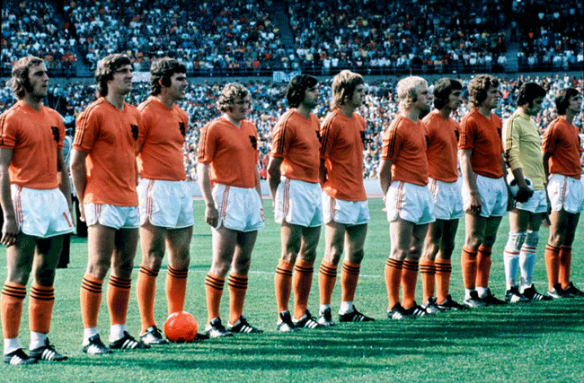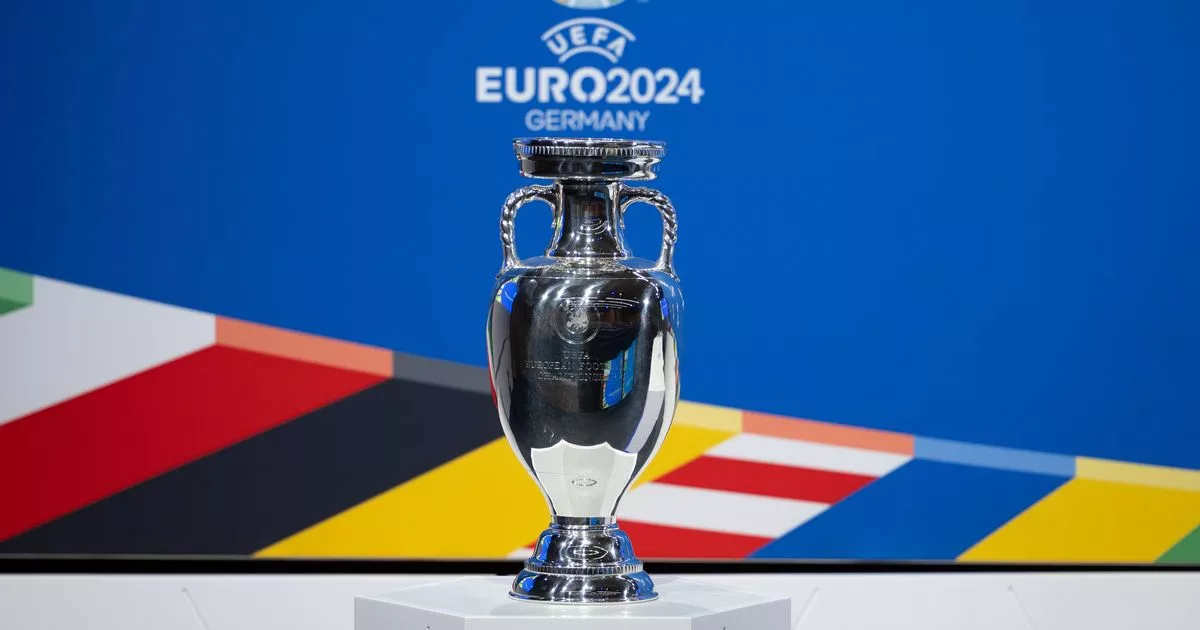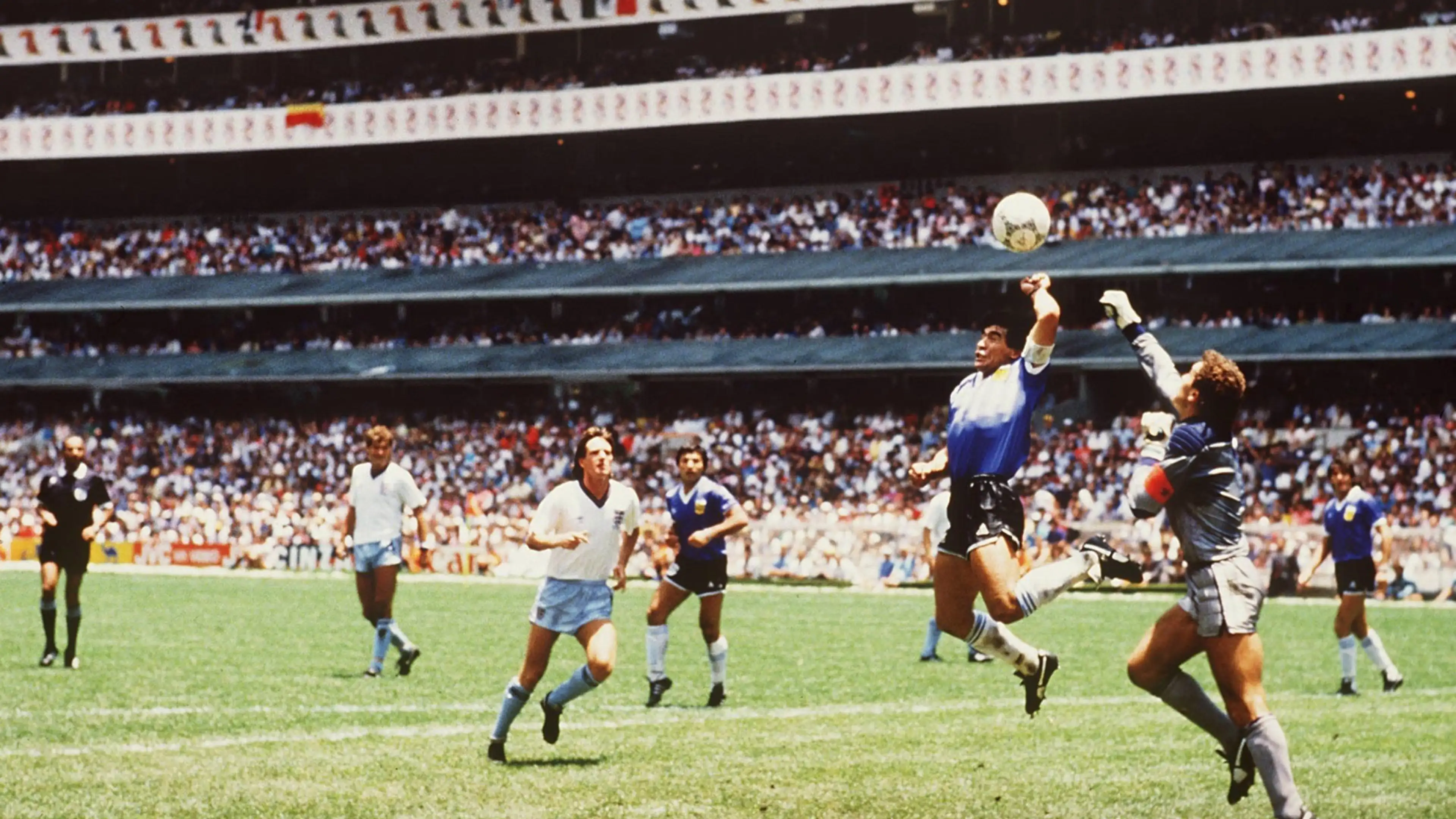
Total Football: A Dutch Revolution
Football, the beautiful game, has witnessed numerous revolutions and evolutions over the years, each leaving an indelible mark on the sport's history. One such revolution that continues to resonate through the annals of footballing legacy is "Total Football," a tactical marvel that emerged from the creative minds of Dutch football in the 1970s.
The Birth of Total Football
The early '70s marked a period of experimentation and innovation in football tactics. The Netherlands, under the visionary leadership of coach Rinus Michels, became the epicenter of this footballing revolution. Total Football was more than a strategy; it was a philosophy that sought to redefine the very essence of how football should be played.
At the core of Total Football was the belief in fluidity, interchangeability, and positional play. Players weren't confined to traditional roles; they were expected to seamlessly switch positions, creating a dynamic and unpredictable attacking force.
Rinus Michels: The Architect
To understand Total Football, one must first acquaint themselves with Rinus Michels, the tactical maestro who masterminded this footballing revolution. Michels, known as "The General," was a forward-thinking coach who envisioned a game where every player could attack and defend with equal prowess.
Michels, heavily influenced by the ideas of Jack Reynolds and Viktor Maslov, amalgamated these philosophies to create something truly groundbreaking. Total Football was not just a set of tactics; it was a holistic approach that required intelligent, adaptable players.
Ajax: The Pioneers
Ajax Amsterdam, under Michels' guidance, became the embodiment of Total Football. The club achieved unprecedented success, winning three consecutive European Cups from 1971 to 1973. The Ajax squad was a melting pot of extraordinary talents, featuring players like Johan Cruyff, Johan Neeskens, and Ruud Krol.
Johan Cruyff, the iconic figure synonymous with Total Football, epitomized the fluidity of the system. Cruyff, a forward by trade, could seamlessly drop into midfield, dictating play and orchestrating attacks. This flexibility bewildered opposition defenses and laid the groundwork for Total Football's success.
1974 World Cup: Dutch Glory, German Heartbreak
The Netherlands national team, guided by Michels and featuring a core of Ajax players, showcased Total Football on the grandest stage – the 1974 FIFA World Cup in West Germany. The Dutch side, led by Cruyff, mesmerized the world with their intricate passing, constant movement, and innovative tactics.
The iconic moment that encapsulated Total Football occurred in the opening match against Brazil. Cruyff received the ball, feinted to shoot, and then executed a breathtaking turn – the Cruyff Turn – leaving the defender bewildered. It wasn't just a move; it was a statement of intent.
The Netherlands reached the final, facing West Germany. In a cruel twist of fate, they fell short, losing 2-1. While the World Cup trophy eluded them, the Dutch had won hearts worldwide with their revolutionary brand of football.
Legacy Beyond Borders
Total Football's influence extended far beyond the Netherlands. Coaches worldwide studied and incorporated its principles into their teams. The tactical philosophy seeped into the DNA of footballing cultures, shaping the way the game was played.
Johan Cruyff, a player-turned-manager, became a torchbearer of Total Football. His time at Barcelona as both a player and later as a coach saw the renaissance of the footballing philosophy. The concept of "Totaalvoetbal" found a new home at the Camp Nou, influencing generations of players and managers.
Total Football in the Modern Era
While football has evolved since the '70s, Total Football's essence remains ingrained in the sport. Modern tactical innovations owe a debt to the Dutch revolution. Teams like Barcelona, under Pep Guardiola, have carried the torch forward, emphasizing possession, fluidity, and positional play.
The principles of Total Football are evident in the way contemporary teams approach the game. From pressing high up the pitch to quick, intricate passing, its fingerprints are visible in the tactical DNA of successful teams across the globe.
Total Football: A Living Legacy
The beauty of Total Football lies in its adaptability. It wasn't just a fleeting tactical trend; it was a paradigm shift in how football could be played. The legacy of Total Football endures in the philosophy of teams that prioritize creativity, intelligence, and collective brilliance.
As football enthusiasts, we continue to witness echoes of Total Football in the modern game. The tactical evolution spurred by Michels, Cruyff, and the Dutch footballing revolutionaries has left an everlasting impact. It's not just a tactic; it's a testament to the sport's capacity for reinvention and innovation.
In the grand tapestry of football's history, Total Football stands as a vibrant thread, weaving its way through eras and generations. It's a reminder that, in the realm of the beautiful game, true greatness lies in pushing boundaries, challenging conventions, and embracing the joy of innovation.




